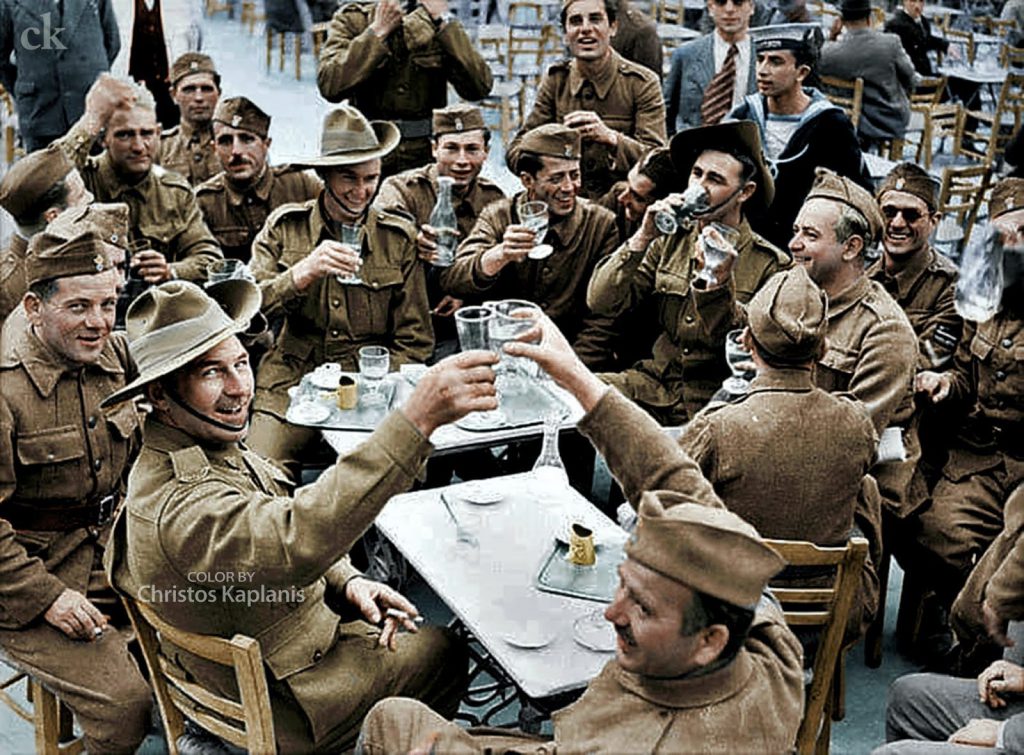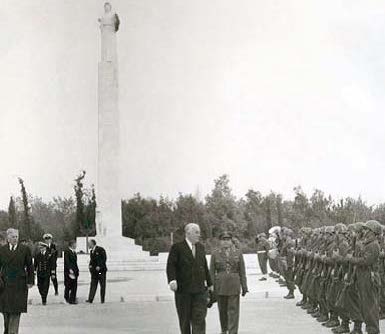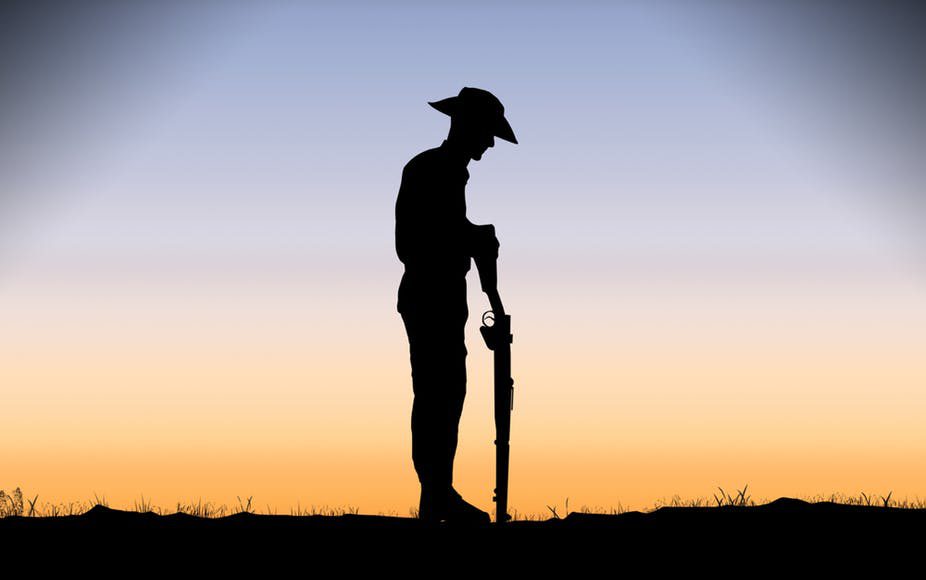Anzac Day, 25 April, marks the anniversary of the first major military action fought by Australian and New Zealand forces during the First World War.
ANZAC stands for Australian and New Zealand Army Corps. The soldiers in those forces quickly became known as Anzacs, and the pride they took in that name endures to this day.
The first Australian and New Zealand forces landed on Gallipoli on 25 April, meeting fierce resistance from the Ottoman Turkish defenders. At the end of 1915 the allied forces were evacuated from the peninsula, with both sides having suffered heavy casualties and endured great hardships. More than 8,000 Australian soldiers had died in the campaign.
Gallipoli had a profound impact on Australians at home, and 25 April soon became the day on which Australians remembered the sacrifice of those who died in the war.
Since its first years of commemoration in 1916, the meaning of the day has been further broadened to include those who lost their lives in all the military and peacekeeping operations in which Australia has been involved.
Lest We Forget

Greeks and Anzacs on the United Front in WWII
Greeks were joined by Australian, British and New Zealand troops, under the command of the British general, Sir Henry Maitland Wilson, to repel the Axis powers in April 1941. This battle, now regarded as the Greek campaign of 1941, become known as one of the shortest and disastrous campaigns of the second world war.
The campaign was sadly hindered by poor communications between the Greek and British commanders, the primitive road and rail system in Greece, the difficult terrain, and the speed and success of the German advance.
Yet, as in almost every Allied campaign in the early part of the war, the worst mistakes of the politicians and strategists were moderated by the bravery, fighting qualities and sheer dogged determination of the troops. Greece was no exception – Lieutenant General John Coates on the Greek Campaign.

The failed campaign resulted in thousands of Greek and ANZAC deaths, along with 12,000 Allied troops, including 3,000 Australians, becoming prisoners of war of the Germans.
Thousands of Australians were still isolated in Greece, cut off from the evacuations, yet over one thousand Anzacs managed to escape, largely owing to the bravery of the Greek people who assisted them.
Of the 1,686 Anzacs (Australian and New Zealand ) 646 Australians are buried or memorialised in Greece in Phaleron, Athens, Rhodes and Suda Bay in Crete. Over 50 percent of deceased Australians have never been found or are unidentified and are memorialised at the Athens Memorial.
Information sourced by:
The Australian War Memorial Archives
Gavin Long, Greece, Crete and Syria, Australia in the war of 1939-1945, Series 1 (Army), Vol. 2, Australian War Memorial, Canberra, 1953

